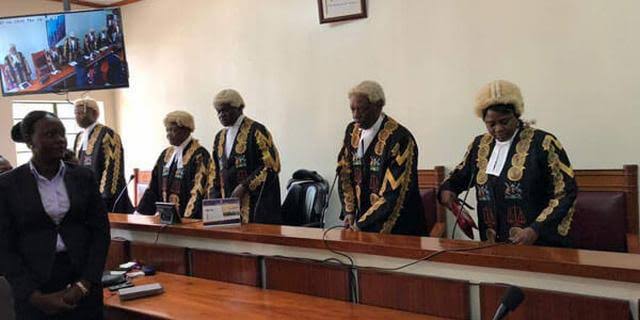The High Court of Kenya has ruled that spouses are not entitled to a 50/50 share of marital property after a divorce.
The court says that the distribution of property is based solely on individual contributions.
In the event of a separation, each partner must prove their contribution so that the court can determine the percentage to which they are entitled.
The Court also found that while Article 45(3) of the Constitution addresses the basic equality of rights of spouses on the dissolution of marriage, this equality does not imply any redistribution of property rights or the assumption that spouses are automatically entitled to 50 percent by marriage.

The decision was in response to an appeal by Joseph Ombuji Ogentoto, who was seeking to overturn an appeals court ruling that said marital ownership and rental units on the property would be divided equally between himself and his ex-wife, Martha Busibori Ogentoto.
The two married under Abagusii common law in 1990 and their marriage was later formalized under the Marriage Annulment Act in 1995.
During their marriage, the couple purchased the marital home and built rental units on the property. However, in 2008, the marriage fell apart and the couple decided to annul their marriage.
The High Court dismissed the appeal, finding in its decision that there was no retrospective application of the Marital Property Act and that the Married Woman’s Property Act 1882 applied to claims made before the Act came into force.

However, the Court clarified that there is nothing to prevent retrospective application of the provisions of Article 45(3) of the Constitution.
The Supreme Court decision clarifies the criteria for determining the distribution of matrimonial property regimes in cases initiated before the Matrimonial Property Act came into force and emphasizes the importance of proof of contributions in such cases.

